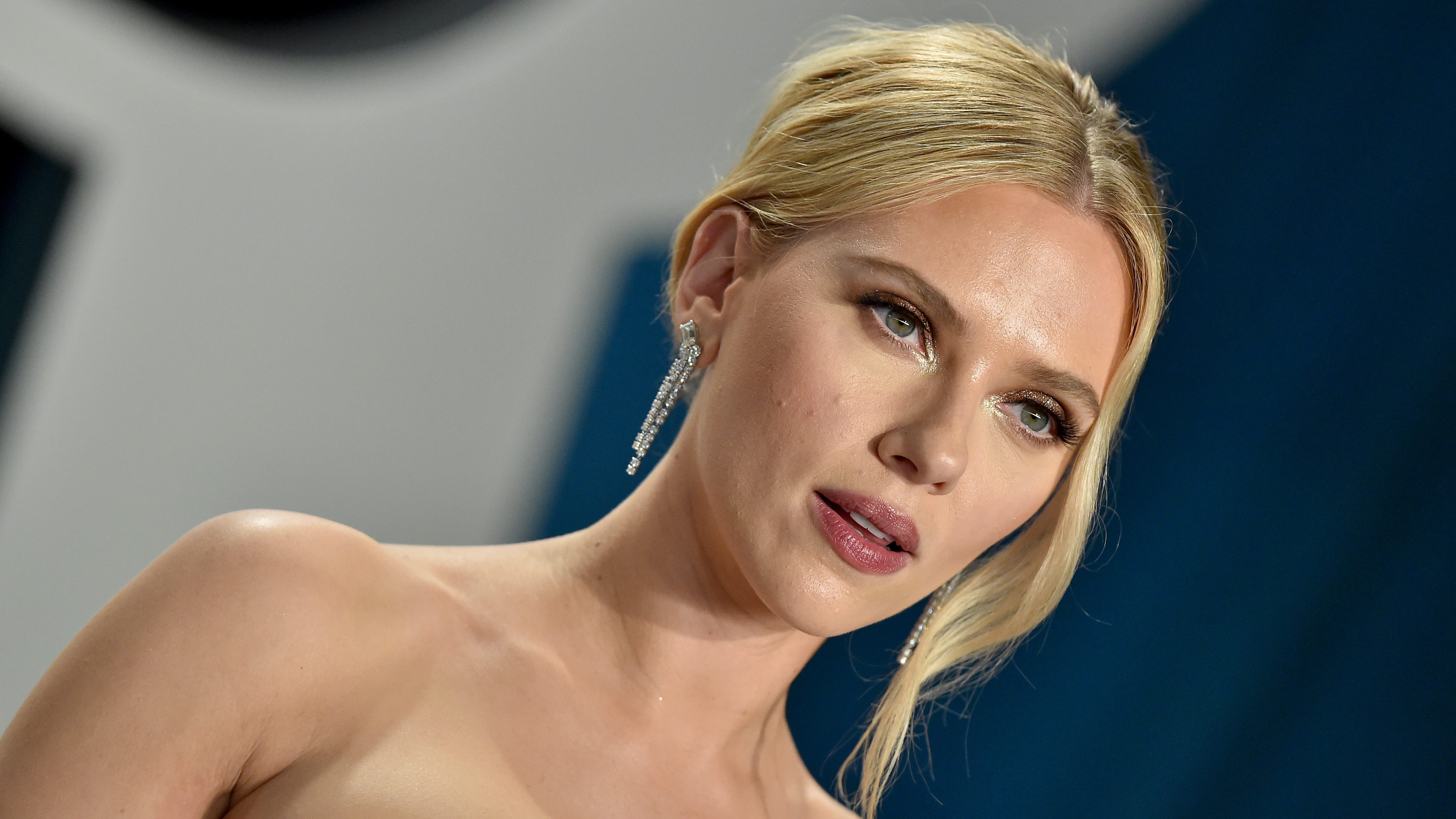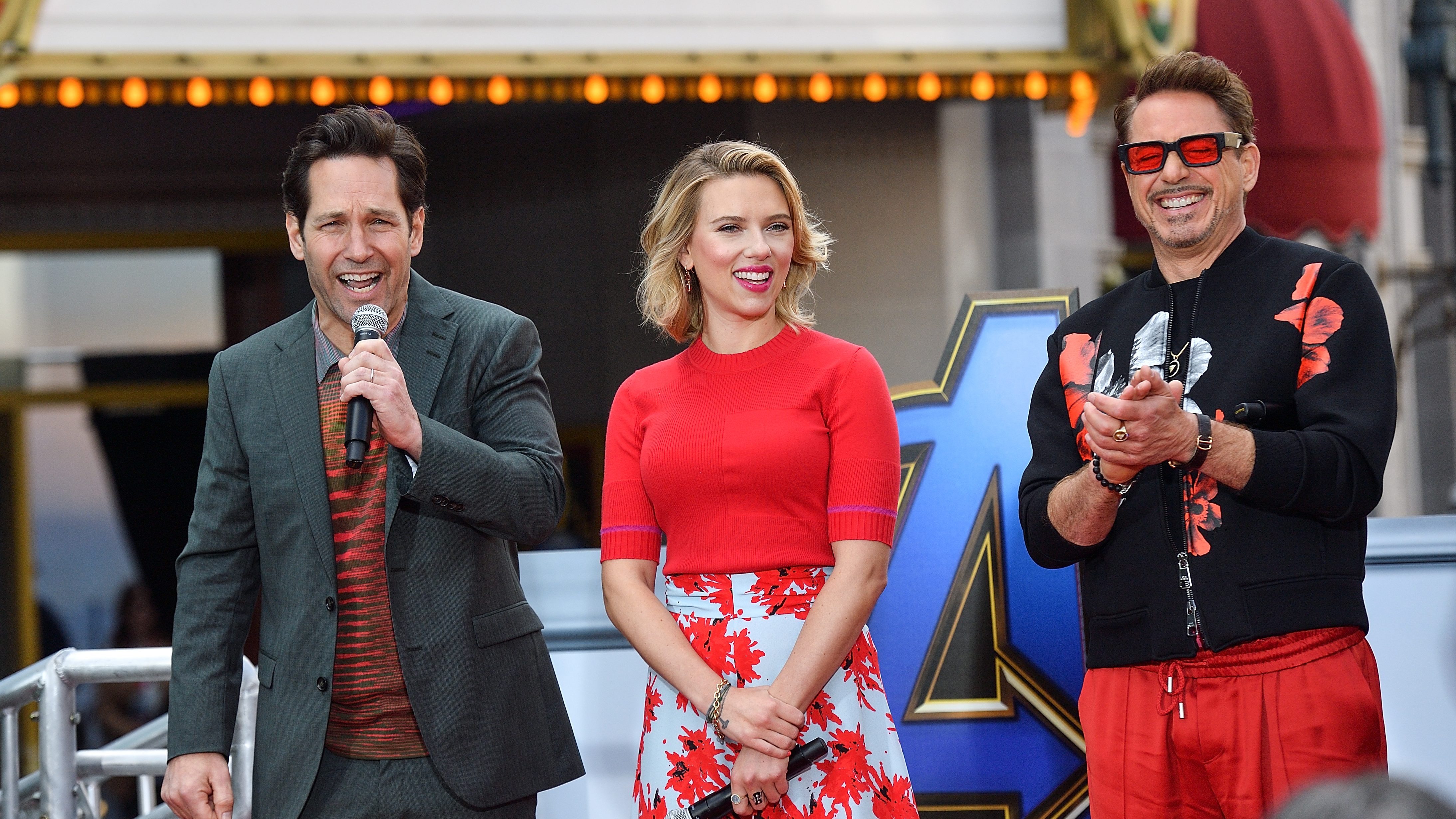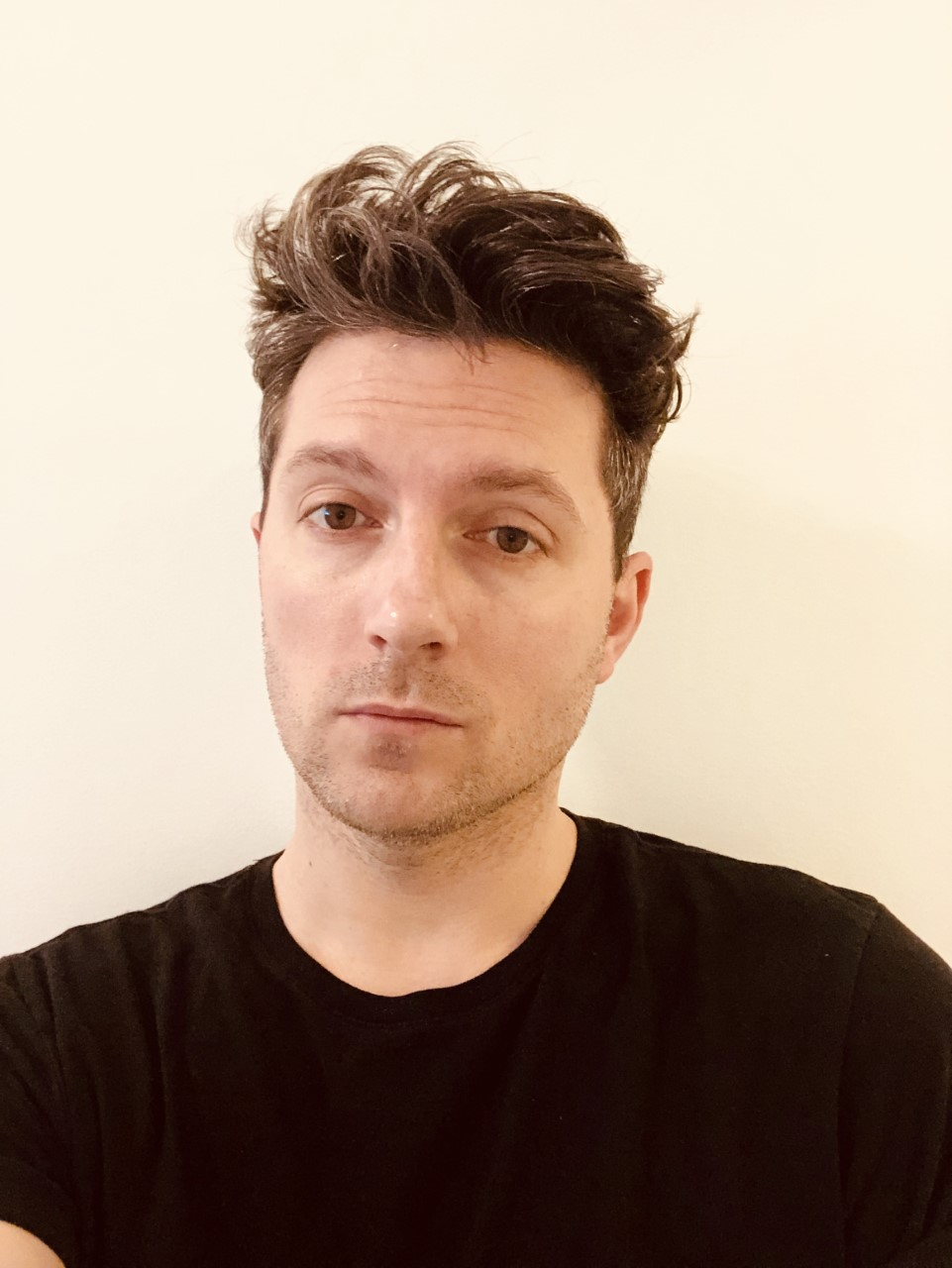

On Sunday, Scarlett Johansson will receive the “Generation Award” at this year’s MTV Movie & TV Awards show. MTV describes it as a “highly coveted” award which is bestowed upon “beloved actors whose diverse contributions to both film and television have turned them into household names.” Tom Cruise, Will Smith, Jim Carrey, and The Rock have all received the honor over the years.
There’s no denying that Scarlett Johansson is a household name, and she’s certainly beloved by many thanks primarily to her role as the Black Widow in the world-devouring Marvel Cinematic Universe. She’s also a respected actor who has received multiple Academy Award nominations and won a Tony. She is unquestionably one of her generation’s biggest movie stars, and that’s what this award is ostensibly recognizing.
But it’s the word “generation” that concerns me here. Specifically: what generation is Johansson supposed to represent? And what generation is supposed to be honoring her? And the reason I’m so hung up on this is because over the years, Johansson has been involved in multiple controversies and unforced errors that, to my mind, run completely counter to values of the socially conscious generation that MTV seems so eager to court.

For instance: In 2014, Johansson opted to step down from her volunteer position as an Oxfam ambassador in favor of retaining a lucrative ad deal with SodaStream. The decision came after the global anti-poverty nonprofit objected to her endorsement deal due to the location of SodaStream’s factories in Israeli settlements in the West Bank. In a letter to Johansson, Oxfam made its position clear: “Businesses that operate in settlements further the ongoing poverty and denial of rights of the Palestinian communities that we work to support.” For her part, Johansson was unapologetic about her decision to shill for the beverage company suggesting that the issue of Israeli settlements on Palestinian land in violation of international law was “complicated.” You have to wonder if she still feels that way.
The following year, Johansson came under fire for accepting the lead role in the live action adaptation of Japanese manga franchise Ghost in the Shell. Critics accused the filmmakers of whitewashing the character, insisting that because the film was based on a Japanese property and set in a fictional Japan, the role should have been played by an Asian actor. The film’s producers went so far as to test visual effects that would make Johansson appear more Asian, though the actor was reportedly not involved in the tests. When asked about the controversy, Johansson tended to dodge the issue with vague platitudes about diversity.
Having learned seemingly nothing from that experience, in 2018 Johansson again accepted a controversial role, this time playing a transgender man in the biopic Rub & Tug. When questioned about the role, she told journalists that their questions should be “directed to Jeffrey Tambor, Jared Leto, and Felicity Huffman’s reps for comment.” (All three cisgender actors have won awards for playing trans characters.) She eventually backed out of the film and was considerably more contrite in subsequent interviews.
But in a 2019 interview with As If Magazine, Johansson was back to flaunting her privilege: “As an actor I should be allowed to play any person, or any tree, or any animal because that is my job,” she said, claiming later that her comments had been taken out of context. In the same statement, she seemed to have gotten the message — or hit upon better messaging — that the issue isn’t just about artistic expression; it’s also about employment opportunities and discrimination in hiring: “I recognize that in reality, there is a widespread discrepancy amongst my industry that favors Caucasian, cisgender actors and that not every actor has been given the same opportunities that I have been privileged to.”
Perhaps most disturbing is Johansson’s continued defense of friend and frequent collaborator Woody Allen against accusations of sexual abuse made by his daughter Dylan Farrow. As recently as 2019, she said of the director, “I love Woody. I believe him, and I would work with him any time. I see Woody whenever I can, and I have had a lot of conversations with him about it (the allegations against him). I have been very direct with him, and he’s very direct with me. He maintains his innocence, and I believe him.”
This year, Johansson reflected on her history of gaffes, and it didn’t take her long to adopt her usual, knee-jerk defensive stance: “I don’t think actors have obligations to have a public role in society,” Johansson, who has voluntarily participated in political campaigns and endorsed candidates, insisted, once again displaying a profound myopia. She claimed that it was unfair for her to be criticized for her views or held accountable for her actions. “You didn’t choose to be a politician, you’re an actor.”
Any one of these controversies might have been forgivable, given an effective apology tour. We are living through a profound cultural shift, and people are no longer willing to accept things that were always unacceptable. Some of us are going to lag on certain issues and may need a swift reckoning to catch up. But when you look back at Johansson’s history in toto, what you see is a stunning record of cis white privilege and knee-jerk resistance to being held accountable.
Gen Z, MTV’s prime demographic, is supposed to be the most progressive generation in US history. They’re familiar with issues of representation, with trans issues. They don’t tolerate whitewashing or cultural appropriation, or sexual misconduct, or unchecked privilege. If this is the current MTV generation, then Scarlett Johansson, for all the passes she’s gotten and all of the money that’s riding on her upcoming Marvel movie, sure seems like an odd choice to receive a “Generation Award.”














